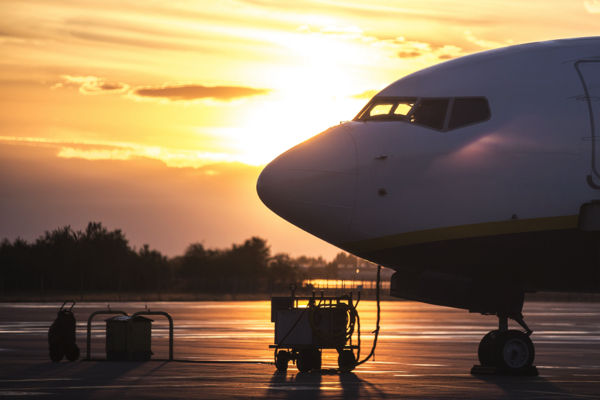Air New Zealand first major airline to abandon impractical climate goals, citing lack of realistic solutions
Air New Zealand has given up on its 2030 climate goal as it struggles to obtain affordable alternative fuels for its jets and fuel-efficient aircraft.
The airline also announced that it will be withdrawing from the UN’s Science Based Targets initiative after announcing in 2022 that they were the world’s second carrier to have their plans validated by the framework.
The airline had previously stated its aim to decrease its carbon emissions by nearly 29% compared to 2019 levels, along with a 16.3% decline in absolute emissions. It was considered a highly ambitious goal given the fact that the global aviation industry was targeting a reduction of just 5% during the same period.
The CEO of Air New Zealand, Greg Foran, stated that it was becoming clear that delays to their fleet renewal timeline would place their target out of reach.
“It is possible the airline may need to retain its existing fleet for longer than planned due to global manufacturing and supply chain issues that could potentially slow the introduction of newer, more fuel-efficient aircraft into the fleet,” he noted, adding that because so many factors are beyond their control, they will be abandoning their 2030 target.
They are now working on setting a more realistic near-term target, but they emphasized that they remain committed to the broader industry’s goal of reaching net zero emissions by the year 2050. They said the new targets will be designed with the challenges they are facing in terms of securing appropriate aircraft and alternative jet fuel in mind.
As the national flag carrier of New Zealand, this is a very high-profile reversal that is drawing a lot of attention to the difficulties airlines face in meeting restrictive decarbonization goals.
Other airlines will likely follow their lead
It won’t be surprising to see other airlines following suit given how overly ambitious many climate goals are, especially considering that Air New Zealand was likely better positioned than many other airlines to succeed in meeting these objectives.
Griffith University sustainable tourism expert James Higham told AP: “If even Air New Zealand can’t do it, it kind of cements the reality that reducing emissions from aviation is an impossible task under the current technical regime.”
Many airlines are finding that the sustainable aviation fuels (SAF) they need to meet these goals are not only far more expensive than traditional fuels, but they’re also difficult to produce at scale in the quantities that airlines need. The volume that is currently being produced is just a small fraction of the overall demand for them.
Compounding the issue is the failure of major plane manufacturers to deliver new aircraft on time, with Boeing and Airbus alike underdelivering in recent years due to problems in the supply chain. Overall, the production of more efficient planes is considerably behind schedule.
The airline also cited regulatory and policy support at the domestic and global levels as part of the reason it was abandoning its goals.
Several other airlines have already reversed their commitment to meeting their near-term emissions goals, including Lufthansa in Germany, Japan Airlines, easyJet in the UK, LATAM Airlines Chile and United Airlines in the United States.
In addition, Lufthansa, which is Germany’s flag carrier and the second-largest airline in Europe in terms of passengers carried, announced last month that it would be adding environmental charges onto its airfares to cover the costs involved in adhering to new EU rules on emissions reductions. The charge could be as much as 72 euros ($77) per flight depending on the ticket type.
Sources for this article include:
ClimateDepot.com
BBC.com
APNews.com
Read full article here


